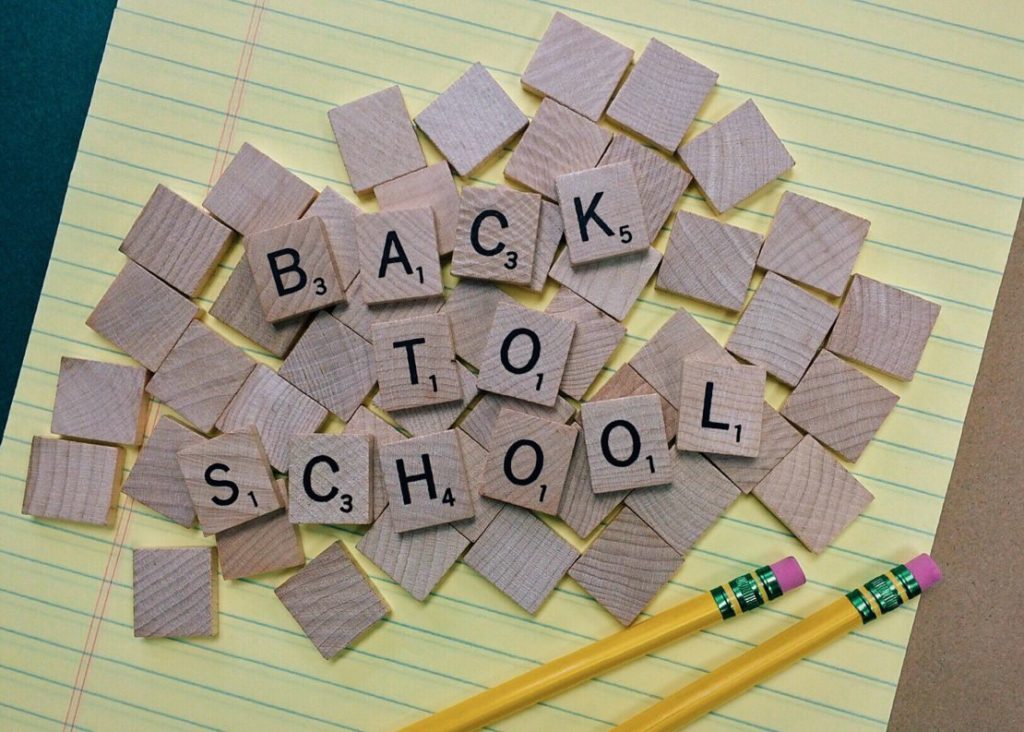We wanted to write about what we may see in our children when school goes back, as we know there is a lot of anxiety about how our children are coping and we’re worrying over the potential long term impact of the Covid-19 restrictions that have been in place.
We have read this article written by Dr Tara Quinlivan and thought it had some great information that we could share with you.

Dr Quinlivan talks about the possible emotions that your child may show when they return to school and how we can support them. As, no-one is learning when they are distressed, and she thinks that we might see a lot of distress when school goes back.
For many children, the return to school will be a fantastic experience. They will get to see their friends again and their school teachers. They’ll race out the door and get back to normal quickly. For some of our children, the return to school may stir up some anxiety for our children, ourselves and our teachers.
We are looking forward to getting back to normal, but at the same time, we’re a little nervous that the world is not as safe as we want it to be. Our children might be also feeling that they are going out into a world that feels unsafe. We have been telling them for weeks that we have to stay home because it might be dangerous out there because of the virus. Now we’re trying to tell them that it is ok. Once at school, they will notice that school isn’t the same as it was before Covid-19 came along. There will be a lot of extra safety measures taken in school and there will be less students for the first two weeks. This might make them feel uncomfortable.
These changes might make them feel like staying home, staying where they feel safe.
Dr Quinlivan thinks we might start seeing the following things in the coming weeks:
For Parents
- Reluctance or refusal to go to school
- increased clingyness in the morning
- increased tearfulness
- poor sleep on nights before school
- temper tantrums on school mornings
- feeling sick – especially tummy aches, headaches and any other ache related to muscle-tension (eg. sore legs, jaws, etc)
For Teachers:
- students being reluctant to leave their parents
- poor concentration and memory
- hyperactive behaviours or withdrawn behaviours
- increased clingyness with teachers
- oppositional behaviours and refusal to do work
- behaviours more suited to an earlier age
- distractibility
We might be tempted to see these behaviours as being naughty or attention-seeking. Right now, after all this time of telling our children that it is unsafe out in the world, their bodies might be reacting to what they feel is potential danger. They are on high alert and might feel a threat. You might also be feeling anxious about sending your children to school. It’s going to be a bit hectic, we’re all going to be thrown back into school after weeks of remote learning.
So, what can we do?
- question the behaviours you see in your child and question how you respond
- assume that you are facing a frightened child rather than a disobedient one
- understand that right now, all our soul’s feel a little sick. Show your child empathy and patience
- pay attention to how you react
- listen to your child, stay curious and empathetic.
- Talk about what safety measures the school will be putting in place before school talks (a few times). This video might help. You might like to watch it a couple of times before school starts with your child and explain it as you go
- Give emotions names. Words like sad, angry, worried, shakey, fuzzy, wobbly.
- Check-in with your child before school starts and ask them what they’re looking forward to, what they might think is different, what they’re expecting
- If something is worrying them, problem-solve some solutions with them
- Stay calm ourselves
- Communicate with school

